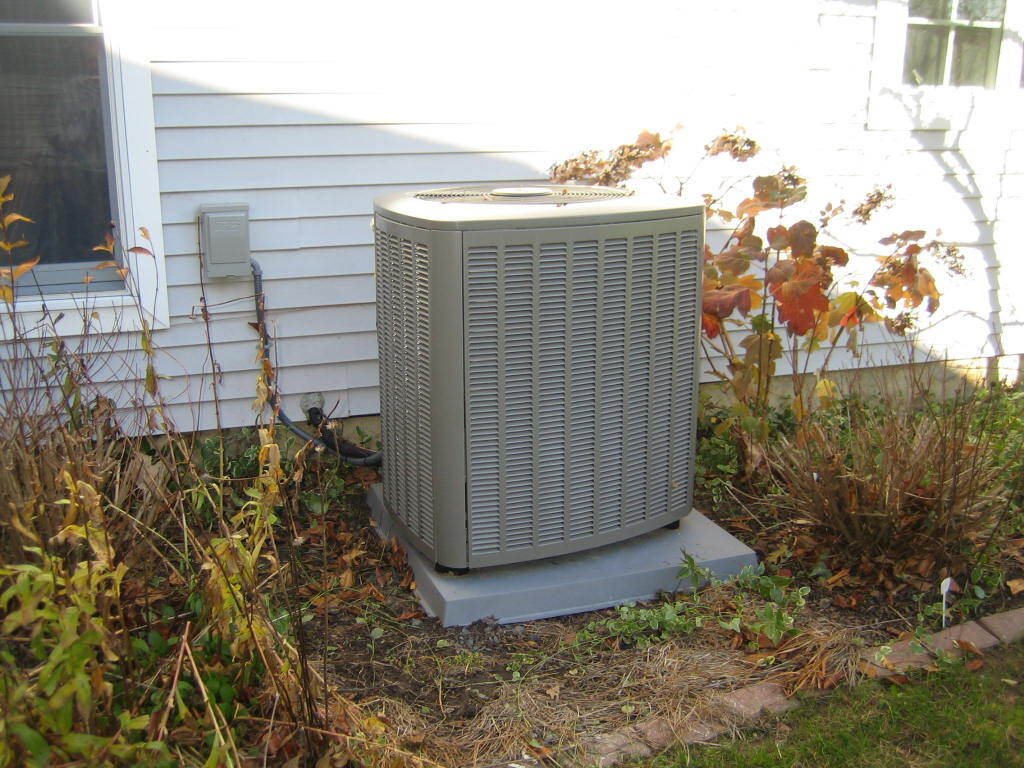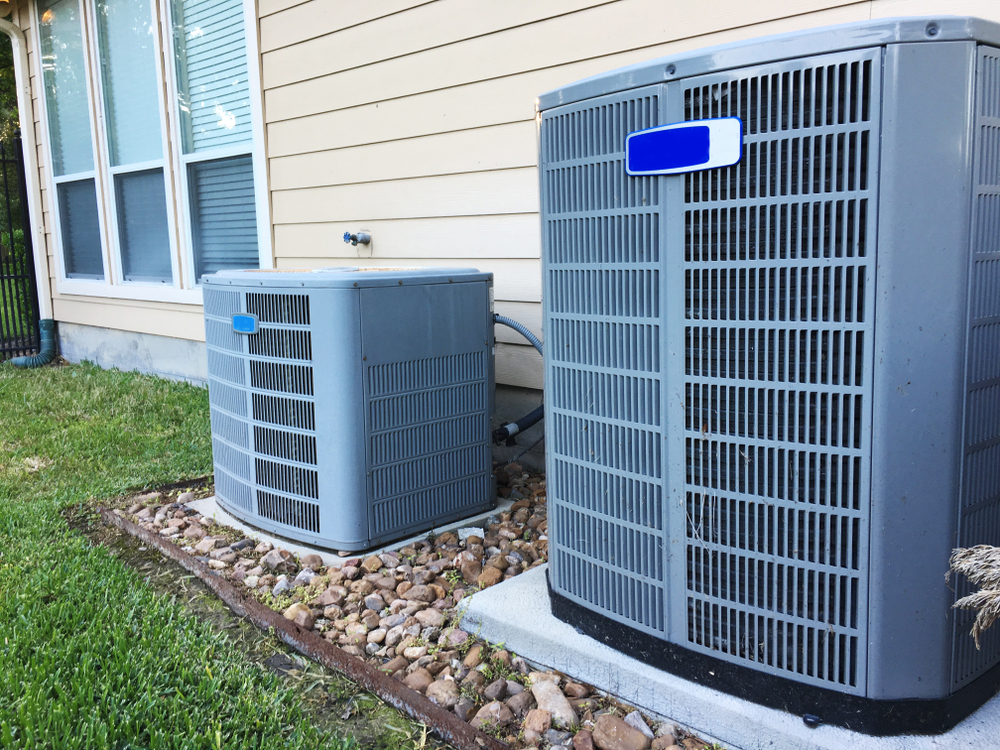When it comes to cooling a home, there’s more than one route that homeowners can decide to take. Fans can certainly help take the edge off, but are only effective when someone is occupying the room, and do not actually lower the rooms’ temperature (a common misconception). But even the hardiest of folks know that there are more than a handful of “those days” in an average Central New Jersey Summer – the extra warm days, often accompanied by high humidity levels that call for a burst of good ole Air Conditioning. However, in order to do that, it usually means having one of two systems in your home — a window AC unit, or Central Air system.
When it comes to cooling a home, there’s more than one route that homeowners can decide to take. Fans can certainly help take the edge off, but are only effective when someone is occupying the room, and do not actually lower the rooms’ temperature (a common misconception). But even the hardiest of folks know that there are more than a handful of “those days” in an average Central New Jersey Summer – the extra warm days, often accompanied by high humidity levels that call for a burst of good ole Air Conditioning. However, in order to do that, it usually means having one of two systems in your home — a window AC unit, or Central Air system.
Most people are aware that they exist, and separately from one another, but not everyone knows what the true differences between each option are. Gaining an understanding of what sets these two apart is the best way to decide which is better for your home, and it’s easier than you might think.
Costs
Many people find themselves concerned with the costs associated with running a cooling unit / system, which sometimes keeps them from considering AC at all. If you’re only looking to cool a single room or small area, window ACs will usually be the more cost-effective option; but using that “single space” logic, it’s easy to make the mistake of thinking that this approach applies to an entire home; the fact is that running multiple window ACs simultaneously can get very expensive. For those looking to cool multiple rooms and/or larger spaces, Central Air Conditioning utilizing ductwork is almost always the more cost-effective solution for whole home comfort.
Efficiency
Efficiency is one of the more important factors to take into consideration when looking into air conditioning in New Jersey. A high-quality, high-efficiency cooling system, professionally installed by experienced technicians, will maximize your home’s comfort and minimize the costs associated with it at the same time. Cooling systems are rated for efficiency using a formula known as the Energy Efficiency Ratio, or EER; while not on an easy-to-translate 1-100 sale, know that the higher the EER, the more efficient the unit/system is. The minimum EER for any Central AC manufactured in 2015 is an 11; Energy Star ratings require a minimum 12 EER; and the New Jersey Clean Energy Program rebates (often incorrectly referred to as “utility rebates”) currently require a minimum 13 EER. By comparison, window AC units that receive the Energy Star certification only achieve an 11 EER; so you can see that for higher-demand cooling needs where the Central ACs are the more efficient option. To further enhance a central AC systems efficiency, programmable thermostats can help to ensure that you’re never cooling your home more than you need to, or when you don’t need to, thus saving you energy in the short & long run. If you’re looking to cool an entire home and want to focus on efficiency, central air is the correct route to take.
Noise
If there’s one major disadvantage commonly associated with window units, it’s the fact that they can often be overly noisy. Central AC units make noise, too, but the vast majority of that noise is from the compressor – a window unit has the compressor inside of it, whereas the central AC’s compressor is outside of your home. With this in mind, if noise is a concern you’ll do best by not even considering window units at all.
Central AC can do wonders for your home this summer, keeping your family cool throughout the warmer months of the year. For more information, contact Princeton Air today.










